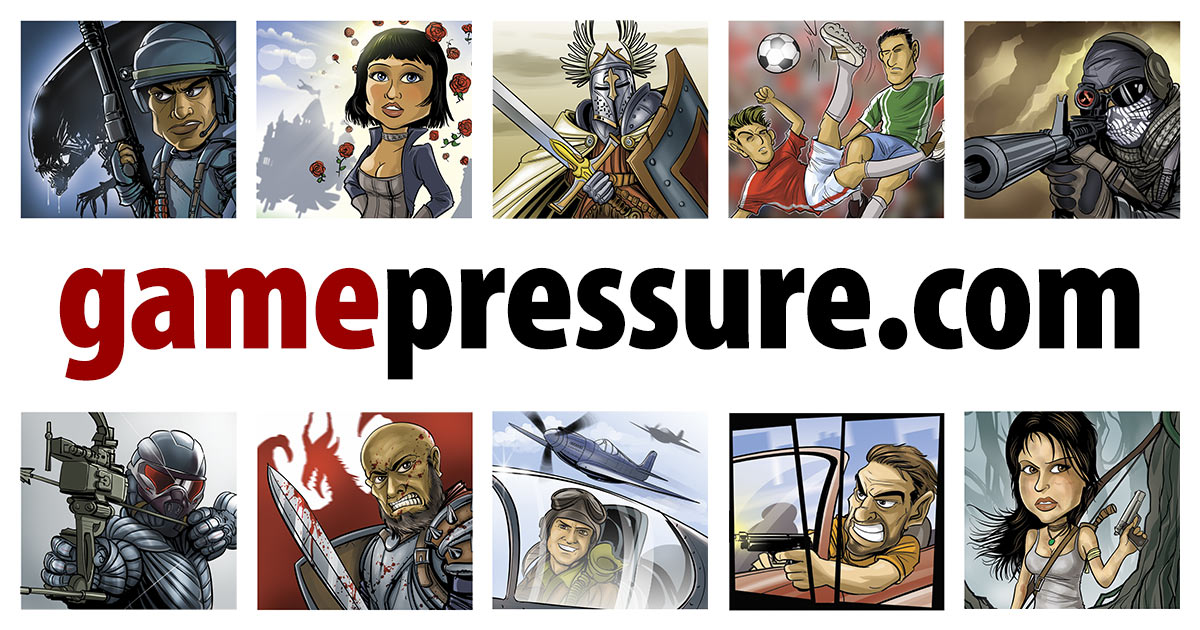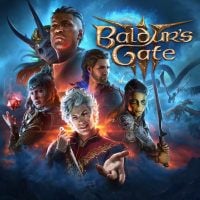Baldur's Gate 3: Co-op
From this page of the guide you will learn what types of multiplayer gameplay BG3 supports. Here we will discuss the available multiplayer gameplay modes, as well as explain the details associated with them.
Last update:
Baldur's Gate 3 is a massive game, and though it can be a great singleplayer experience, many would certainly like to experience it with friends. Fortunately, the newest game by Larian Studios features a number of different modes and ways to journey through the Forgotten Lands alongside your friends or strangers. Below we've listed all multiplayer options to help you pick the one you like the most.
- Co-op campaign
- Open singleplayer session
- How to remove a companion's avatar?
- Local and split-screen co-op
Co-op campaign
The default multiplayer option in Baldur's Gate 3 is a co-operative session with a maximum of 4 people. To start an online game, select the "Multiplayer" option from the main menu. You can either join an ongoing session or host a new multiplayer campaign.
As hosts and players, you can either settle for private sessions or join public games.
Players can create their own, original characters. Another available option is to choose one of the characters from the storyline. If one of the players leaves the game in the middle of a session, another player will take control over their character. You can change who that player is during the game. Multiplayer instances can be saved and resumed at any time.
Playable characters have a lot of freedom too. If you so desire, you can even travel separately to an extent. Players can influence each other in specific situations, for example, suggesting dialogue options when talking to NPCs.
This kind of multiplayer is perfect if you intend to play regularly with a group of friends.
Open singleplayer session
An alternative to a full co-op session is an open singleplayer session. Depending on the selected mode, random players, friends, or no one will be able to join your game. You can also send game invitation yourself using friends list.
The guest who joins that way will be asked to create their own character (the option to play as a story character will not be available to them). When a new hero is created, one of your companions will return to camp (assuming you have a complete team), and a character controlled by the guest will take their place. Notably, the experience level of the new hero will be scaled to match the rest of the group.
When the coop game ends, the character so far controlled by the guest will be taken over by the hosting player.
How to remove a companion's avatar?
After the release of BG3, many players complained about the inability to remove characters created by other players from the party. Fortunately, this functionality was added in one of the updates and from now on you can freely manage your party.

When one of the players leaves the game, control of their character will be transferred to the host. If you decide to remove the original hero from the party, all you need to do is approach the hero and talk to them. An appropriate message will inform you about the absence of the "controlling" person, and you will be able to send the avatar back to the camp.


Once you do this, a special wardrobe will appear in the camp. Interact with it and you will be able to retrieve previously sent avatars if the person playing with you wants to return to the game.
Local and split-screen co-op
Both aforementioned multiplayer modes are available online. There is, however, an additional option, letting players organize co-op sessions through LAN.

Both the console and PC versions of BG3 also have a split-screen mode. To start it, just activate the second controller connected to the console/PC at any time. The game will detect that a second controller, split the screen, and ask the new player to create a character. After that, a new companion will join the party.
Split screen mode is only available when playing on controllers. When playing on a PC, there is no possibility for one player to play on a mouse and keyboard, and the other on a controller.
- Baldurs Gate 3 Guide, Walkthrough
- Baldur's Gate 3: Game guide
- Baldur's Gate 3: Appendix
- Baldur's Gate 3: Adult Content in BG3
- Baldurs Gate 3: Release date
- Baldurs Gate 3: PC system requirements
- Baldurs Garte 3: Keybinds/PC controls - keyboard and mouse
- Baldurs Gate 3: PC controls - gamepad
- Baldurs Gate 3: Graphics settings
- Baldurs Gate 3: Which to choose - Vulkan or DX11?
- Baldur's Gate 3: Can you transfer save from the early access?
- Baldur's Gate 3: Co-op
- Baldur's Gate 3: Language versions
- Baldurs Gate 3: PS5 and Xbox Series X versions
- Baldur's Gate 3: Appendix
- Baldur's Gate 3: Game guide
You are not permitted to copy any image, text or info from this page. This site is not associated with and/or endorsed by the developers and the publishers. All logos and images are copyrighted by their respective owners.
Copyright © 2000 - 2025 Webedia Polska SA for gamepressure.com, unofficial game guides, walkthroughs, secrets, game tips, maps & strategies for top games.
